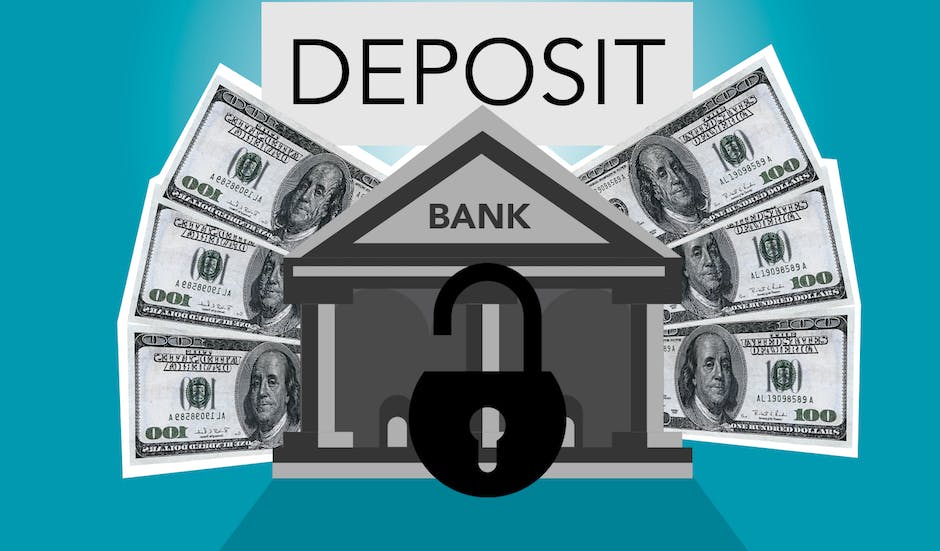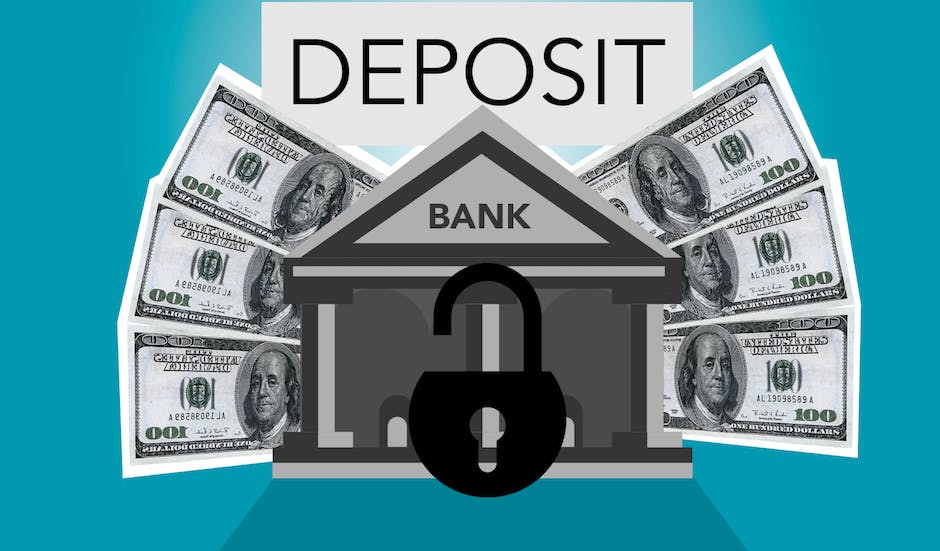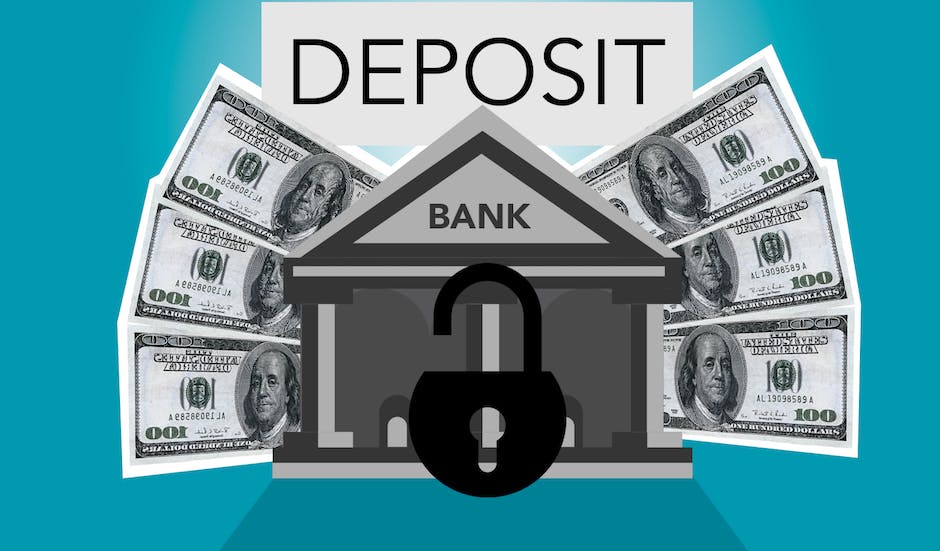Understanding the landscape of security deposit laws in Maryland is an essential part of renting in this state. As a tenant, it equips you with the necessary skills to protect your financial interests when entering rental agreements. Simultaneously, it’s a valuable tool for landlords and property management companies to ensure that they’re operating within the law’s bounds. From defining the legal stance of a security deposit to exploring the tenant’s legal rights and protections, how disputes are resolved, we’ll delve into Maryland’s security deposit law’s crux.
Legal Definition of Security Deposit in Maryland
Legal Definition of Security Deposit in Maryland
A security deposit in Maryland can be defined as a predetermined amount of money that tenants provide to the landlord at the start of a rental agreement. This deposit generally serves as a protective measure for landlords. It is designed to cover potential expenses that they might incur due to damage that extends beyond normal wear and tear, any unpaid rent, or other breaches of the lease agreement by you as the tenant.
Purpose and Use of the Security Deposit
Think of the security deposit as a form of insurance for your landlord. In the context of rental property management, it acts as a cushion, guarding the landlord against any potential financial losses related to the rented property, such as repairing damage caused by a tenant, cleaning costs, unpaid utility bills, default in rent payment, or eviction costs.
The landlords do not use this deposit to cover the normal aging or wear and tear of a property. Also, they cannot use the deposit to handle repairs or maintenance that are their responsibility as property owners.
Handling of Security Deposit
Once your landlord receives your security deposit, they are required by law to deposit it in an escrow account. After receiving the deposit, the landlord must give a receipt to the tenant, either immediately or sent by certified mail within 15 days. The receipt must contain certain information, like an acknowledgment of the deposit, a property description, and the landlord’s signature.
Upon termination of the lease, the security deposit may be returned to the tenant, provided that all terms of the rental agreement have been satisfied. If the landlord deducts any amount from the deposit, they must provide an itemized list of damages, cost of repairs, and any unpaid rent within 45 days of lease termination. If the landlord doesn’t comply with these conditions, Maryland law entitles the tenants to full return of their security deposit plus interest.
However, the tenant should also leave the property in the same condition as it was when they moved in. If the tenant leaves before the lease ends without a sensible reason, the landlord may keep all, or part, of the security deposit to cover the unpaid rent.
Maryland Security Deposit Law
Under Maryland security deposit law, if the landlord fails to return the security deposit or fails to provide an itemized list of damages within the specified timeframe, the tenant may be entitled to up to three times the deposit withheld, plus reasonable legal fees. The legal code stipulates that non-compliance by the landlord classifies as ‘bad faith’, therefore giving the tenant the right to sue for three times the amount withheld.
Landlords are also required to provide written notice to the tenants before they bring an action in court for damage against the security deposit. If they don’t, the court may dismiss the landlord’s action.
If you’re a tenant in Maryland, gaining basic knowledge of the state’s security deposit law can be highly beneficial. This understanding can help you adhere to your rental agreement effectively and enable you to confidently ensure the return of your security deposit once your lease period concludes.

Setting Up and Returning Security Deposits
Understanding the Fundamentals of Security Deposits in Maryland
In Maryland, the process of establishing a security deposit is relatively simple. Upon renting a property, landlords generally require tenants to provide a security deposit. This deposit serves as a cushion against potential property damage or unpaid rent, and typically, the sum should not surpass two months’ worth of rent.
Though the security deposits are in the control of the landlords, they don’t have ownership rights over these funds. As per Maryland state legislation, landlords must place these funds in an escrow account. Furthermore, if the security deposit totals $50 or more, the law obligates landlords to keep the money in an interest-bearing account.
Factors Determining Security Deposit Amount
The security deposit amount is generally determined by several factors. In most cases, the cost of rent and the perceived risk of renting to a particular tenant can play a large role in the decision. For instance, landlords may charge a higher security deposit for tenants who have a history of damaging property or not paying rent. However, under Maryland law, the security deposit cannot exceed two months’ worth of rent, regardless of these factors.
Returning the Security Deposit
The process to return the security deposit in Maryland is governed by strict laws. After the tenant moves out, the landlord must return the security deposit, with interest, within 45 days. If the landlord withholds any part of the security deposit, they must provide an itemized list of deductions and the balance of the deposit, if any, within the same time frame.
Deductible expenses include unpaid rent, late fees, breach of lease, and damages beyond normal wear and tear. It is worth noting that, landlords cannot keep any portion of the deposit to cover for normal wear and tear. That is, they can only withhold money for damage that goes beyond what might be expected after a tenant lived in a property for a certain period.
Disputing Deductions from the Security Deposit
In cases where a tenant disagrees with the landlord’s deductions from the security deposit, they can file a complaint with the Consumer Protection Division or take the issue to small claims court. If a landlord is found to have wrongfully withheld a security deposit, they could be liable to pay the tenant three times the amount withheld, plus reasonable attorney’s fees.
Summary of Maryland Security Deposit Law
In Maryland, there is a comprehensive set of regulations – known as the security deposit law – that draws out a clear process relating to creation and return of security deposits. It offers necessary protection for both landlord and tenant, by giving landlords a financial cushion against property damages, while also setting up provisions to ensure tenants get their deposit back, given there are no significant problems.

Legal Rights and Protections for Tenants
Understanding the Provisions of Maryland Security Deposit Law
This law, also detailed under Title 8 – Landlord and Tenant, and Subtitle 2 – Leases, in the Real Property Article of Maryland’s Annotated Code, is particularly designed to secure the rights of tenants. Under the purview of these laws, landlords take on the responsibility of refunding the security deposit with possible interest once the lease term ends. The duration for returning the security deposit can fluctuate between 15 and 45 days post the tenant’s departure, based on specific circumstances.
Limits of Security Deposit Under Maryland Law
In Maryland, there is a limit to the amount a landlord can ask for as a security deposit. A landlord cannot ask for more than two months of rent. This applies to any rent abode including apartments, houses, condominiums and townhouses. If a landlord asks for more, the tenant has a right to recover up to threefold of the additional money paid.
Handling of Security Deposit by the Landlord
After a landlord collects the security deposit, they are required to place the money in a federally insured financial institution in a separate account dedicated solely to security deposits. The landlord must also give the tenant a receipt with a description of the tenant’s rights regarding the deposit. Landlords are also required to pay interest on security deposits of $50 or more. The interest must be calculated at an annual rate of 1.5 percent or the simple interest rate accrued at the U.S. Treasury yield curve rate for one year, whichever is greater.
Deduction of the Security Deposit
A landlord can deduct from the security deposit for damage beyond normal wear and tear. This can include unpaid rent, damage to the property, or breach of the lease. However, normal wear and tear is not a valid reason for the landlord to make deductions from the security deposit. If a landlord deducts any amount from the security deposit, they must provide an itemized list of the damages, along with the actual amount of the deductions.
In Case of Disputes
If a tenant believes their security deposit has been improperly withheld or deductions are unfair, they can take the landlord to court. In such cases, it is recommended for tenants to take pictures of the property at move-in and move-out to provide evidence of the condition of the property. If the court finds that the landlord wrongfully withheld the deposit, the court may require the landlord to return up to three times the withheld amount along with reasonable attorney’s fees.
What Happens to Security Deposits When a Rental Property is Sold?
When a rental property in Maryland changes hands, the existing landlord is required to transfer all security deposits, in addition to any accumulated interest, over to the new owner. This effectively means the new owner accepts all previous rights and obligations. Moreover, tenants must be notified about the shift in ownership through registered or certified mail. This communication should include the new owner’s contact details and the precise amount of the security deposit on account.

Penalties for Violating Security Deposit Laws
The Importance of Understanding Penalties for Non-compliance with Maryland’s Security Deposit Laws
In the state of Maryland, laws surrounding security deposits have been enacted to shield tenants from potentially unethical practices by landlords or property management firms. Individuals or companies that disregard these stipulated laws may face legal penalties, in turn providing tenants with rightful avenues for legal action. Familiarity with these potential penalties plays a critical role in preserving tenant rights and maintaining integrity in rental transactions throughout Maryland.
Legal Obligations in Security Deposit Handling
Under Maryland law, landlords and property managers are required to handle security deposits in specific ways. They must provide tenants with receipts for the security deposit, hold the deposit in an escrow account, and may only withhold it for certain conditions, such as unpaid rent or damages exceeding ordinary wear and tear. Importantly, failing to abide by these stipulations can result in legal consequences.
Penalties for Failing to Comply
The Maryland security deposit law is well-structured to impose sanctions on landlords who infringe on its regulations. For instance, if a landlord wrongfully withholds a security deposit or any portion of it, they can be ordered to pay the tenant up to three times the amount withheld, plus reasonable attorney’s fees. This constitutes a significant financial penalty. In addition, willfully retaining a deposit without sufficient justification may tarnish a landlord’s reputation, affecting their future rental ventures.
Failure to Provide Receipt or Required Information
If a landlord fails to provide a written receipt for the security deposit, or neglects to share necessary information regarding the tenant’s rights and obligations associated with the deposit, they may face legal repercussions. These repercussions often involve returning the entire deposit to the tenant, regardless of any potential unpaid rent or property damage.
Tenant’s Legal Recourse
For tenants who suspect their landlord has violated Maryland’s security deposit laws, legal recourse options are available. Tenants can take their landlords to court and seek damages, which can be up to three times the amount of the withheld deposit plus attorney’s fees. If a landlord is found guilty of not placing the deposit in an escrow account, the tenant may also be entitled to interest on the deposit.
Important Points to Remember
It is crucial for all parties involved, whether they are landlords, property management companies, or tenants, to have a comprehensible understanding of Maryland’s security deposit laws. These laws provide a protective shield to tenants’ rights while also protecting landlords and companies from potential penalties. Tenants who understand their rights are better equipped to identify when those rights may have been violated, and appropriately take action.

How Disputes Are Resolved
The Procedure for Security Deposit Disputes in Maryland
When security deposit disputes arise in Maryland, they’re commonly resolved in the small claims court, a platform designed specifically for cases involving relatively smaller amounts of money, typically up to $5,000.
Initiating a Complaint in the Small Claims Court
If a landlord unjustly withholds a security deposit or does not adhere to the Maryland law which mandates that it should be returned within 45 days, the tenant has the right to bring the issue to the attention of the small claims court. This will involve the filing of a formal complaint.
This complaint should clearly specify the details of the dispute, such as the security deposit amount, the root cause of the issue, and the desired outcome— often the full return of the security deposit— that the tenant is seeking from the court.
Presenting the Case: Tenant vs. Landlord
In the court proceedings, the tenant is the plaintiff—since he or she brings the claim— and the landlord is the defendant. The plaintiff must prove their case by a “preponderance of the evidence,” meaning it is more likely than not that the defendant wrongfully withheld the security deposit.
The tenant may present any relevant evidence, such as a copy of the lease agreement, photographs of the rental unit after move-out, or correspondence between the tenant and the landlord about the security deposit. The landlord can also present evidence to defend their reasons for withholding the deposit.
Possible Outcomes of the Case
The judge presiding over the case will consider the evidence presented by both sides. Depending on the presented evidence, the court may rule in favor of one party entirely or decide on a settlement where the security deposit is divided between the tenant and the landlord.
If the judge rules in favor of the tenant, the landlord may be required to return some or all of the security deposit. In certain situations, if the court finds that the landlord deliberately violated Maryland’s security deposit law, the landlord may also be required to pay the tenant damages up to a maximum of three times the amount withheld, and possibly the tenant’s court costs and attorney’s fees.
Conversely, if the landlord successfully proves that the deductions from the security deposit were necessary and lawful, the court may allow the landlord to keep all or a portion of the withheld amount.
Additionally, it’s crucial to keep in mind that if either party disagrees with the court’s decision, they may have an ability to appeal the ruling for a rehearing or request for changes to the court’s order. However, the appeals process may be longer and more complex than the initial small claims court proceeding.

Photo by scottwebb on Unsplash
Knowledge about the Maryland security deposit law is pivotal for both landlords and tenants. Familiarizing yourself with the associated legal terms, processes, and rights can help prevent misunderstandings and unfair practices. Landlords who understand potential penalties for not complying with these laws will be more likely to act within their boundaries while tenants equipped with this knowledge can defend their rights better. Overall, a sound understanding of these laws cultivates a fair, transparent and respectful rental environment in Maryland.
